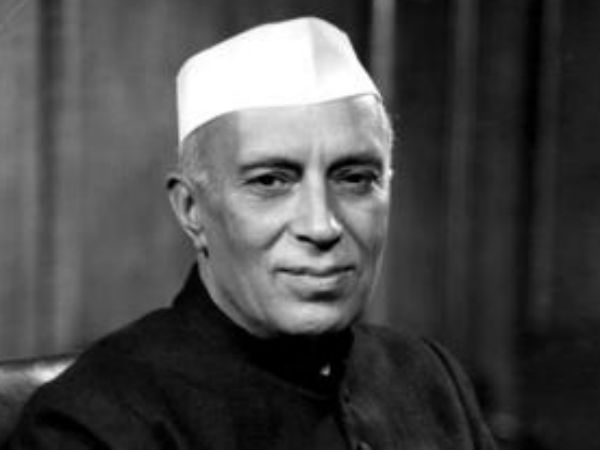Nehru, was intellectually closer to the European tradition of modernity, and at the same time was deeply in love (of course not of the kind that would claim space-shuttles in the vedic era) with his own country and his traditions. He was among the few, who in those days of European intellectual hegemony, knew and appreciated the “wisdom” inherent in civilisations like Indian and Chinese. The key to the ‘mystery’ of the peculiar chemistry between him and Gandhi — the traditionalist — lies here. Both complemented each other, as they represented a dialogue between the modernity coming from West and the modernity that emerged from India’s own rich and diverse traditions of philosophy and ways of living.
There were, of course moments of sharp differences, even of “ vast distance” between the two. In the wake of the sudden withdrawal of the Civil Disobedience Movement by Gandhi after the Gandhi-Irwin pact, Nehru took recourse to his favourite poet’s words:“ That is how the world ends/Not with a bang, but with a whimper.” He, in fact went to the extent of noting in his diary, “I am getting more and more certain that there can be no further political cooperation between Bapu and me. At least, not of the kind that has existed.” Nehru
And yet, the bond was deeper than any of these two great souls consciously realised themselves. Gandhi was certain that ‘Jawahar will speak my language, once I am gone’; and ‘Jawahar’ on his part knew and told Gandhi, “ I feel lost in strange country, where you are the only familiar land and I try to grope my way in the dark but I stumble”



























